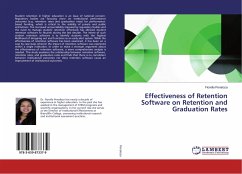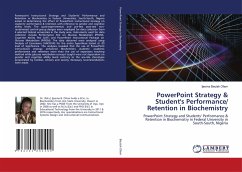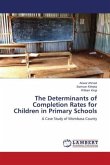Student retention in higher education is an issue of national concern. Regulatory bodies are focusing more on institutional performance outcomes (e.g. retention rates and graduation rates) for performance-based funding, which is critical to the viability of private and public institutions. The increased accountability imposed by regulatory bodies and the need to manage student retention effectively has allowed student retention software to flourish during the last decade. The intent of such student retention software is to identify students with the highest likelihood of dropping out and functions as an early alert system. While the effectiveness of retention software has been examined, it has been on a case by case basis wherein the impact of retention software was examined within a single institution. In order to make a stronger argument about the effectiveness of retention software, a more comprehensive analysis is needed. This study examines the relationship between retentionsoftware, retention rates, and graduation rates and finds that there is no correlation between institutional outcomes nor does retention software cause an improvement of institutional outcomes.
Bitte wählen Sie Ihr Anliegen aus.
Rechnungen
Retourenschein anfordern
Bestellstatus
Storno








